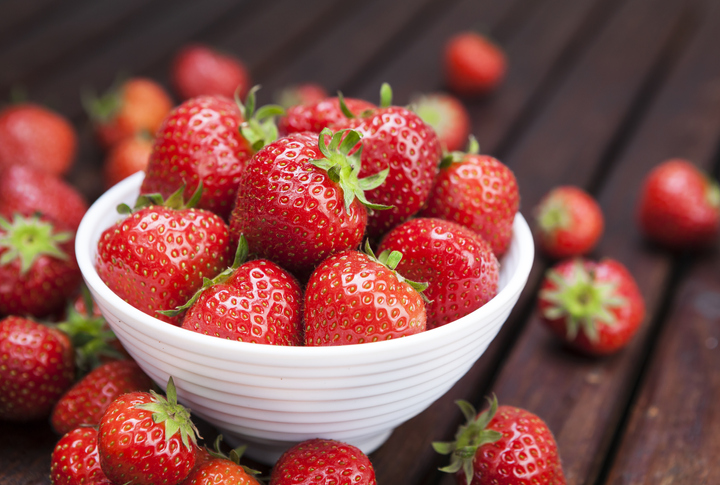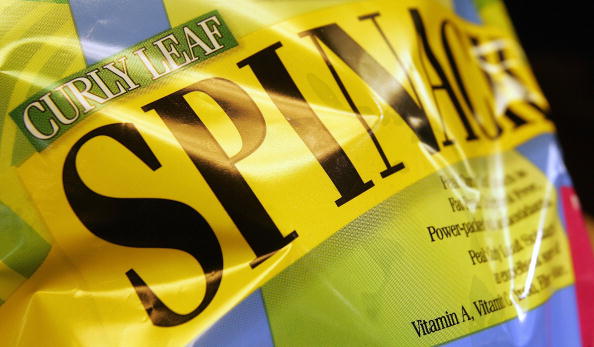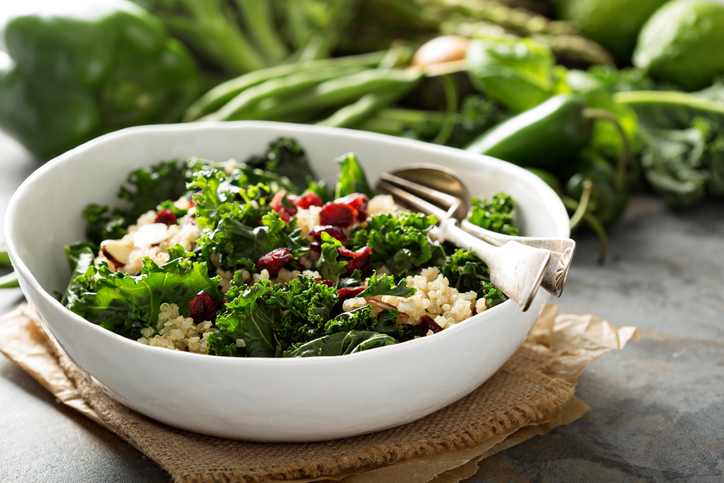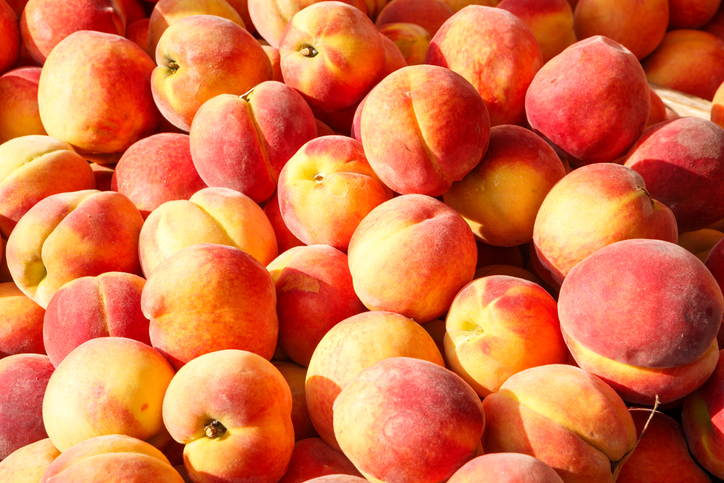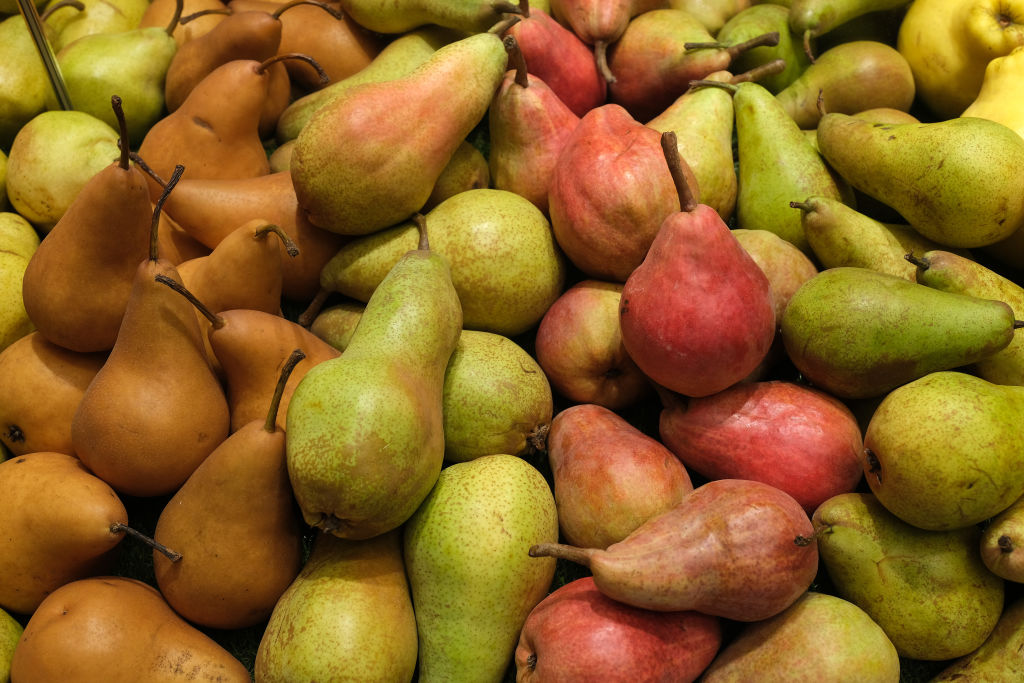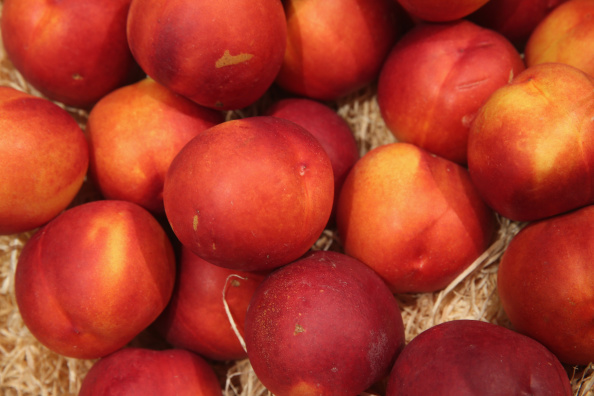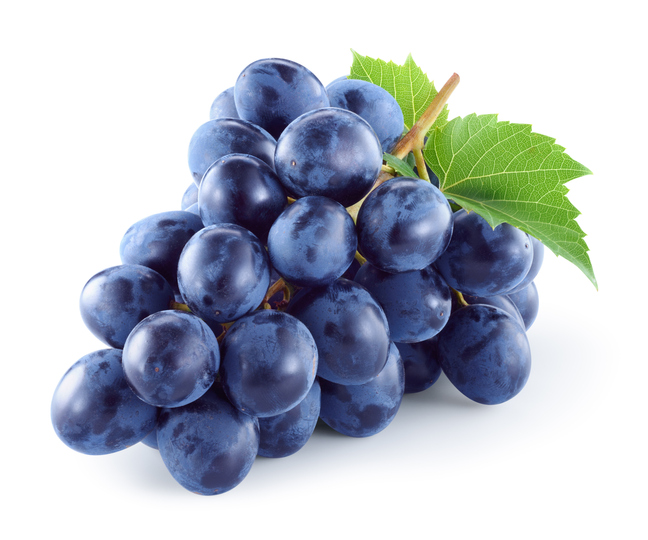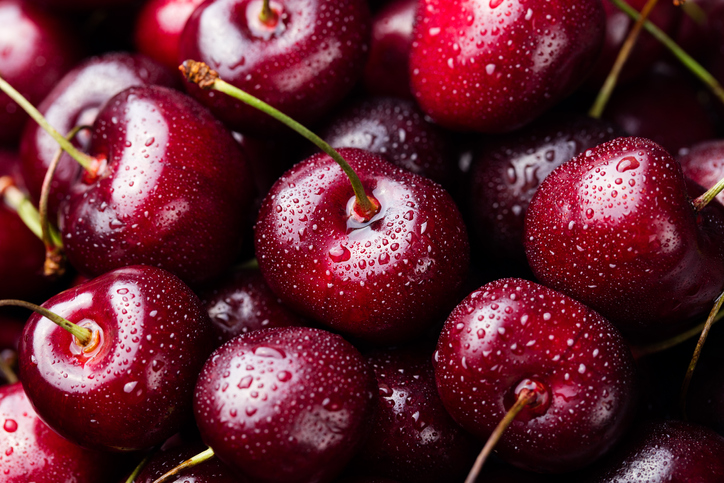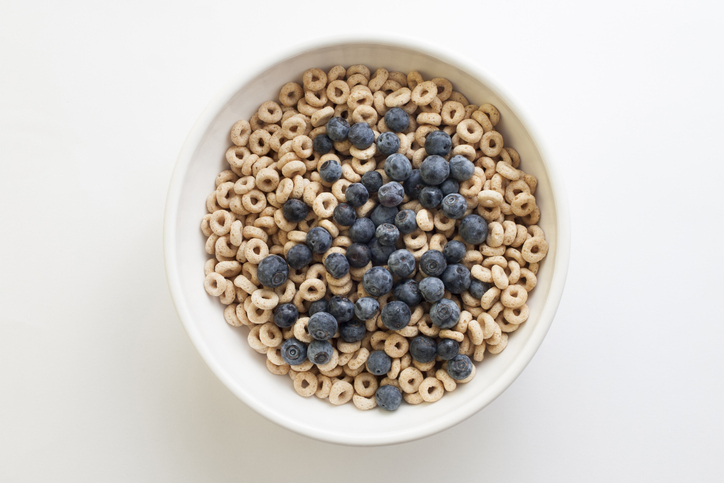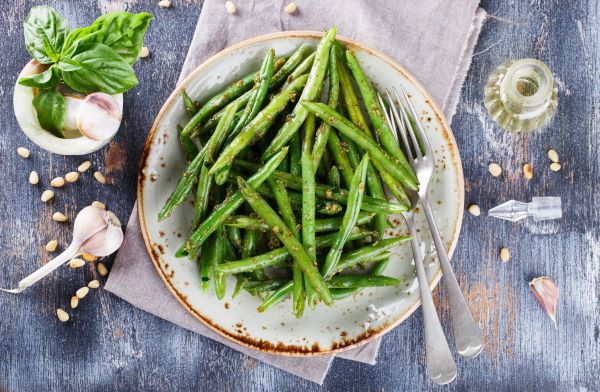Buying food made from our earth seems like a no-brainer. You are doing the right thing for yourself and your family when you shop for fruits and vegetables. But are you? In a recent article I read from WCVB News, research has shown that many of our fruits and vegetables are loaded with pesticides. In fact, in the 2023 Shoppers Guide to Pesticides in Produce, the evidence is alarming. So consider this your pesticides warning. What looks good may be harmful: 2023 “Dirty Dozen” fruits and veggies list is here.
The non-profit environmental health organization EWG (Environmental Working Group) complied a list of their “Dirty Dozen.” Our beloved blueberries joined the list this year. Can you imagine? A super food like blueberries used in so many of our recipes and a favorite for fruit bowls and popping in your mouth for a snack is bad for you? At least the non-organic blueberries are.
The US Department of Agriculture did the testing. Their researchers examined data on 46 fruit and vegetable samples. The researchers did exactly what we, the consumers, would do when buying produce. They washed, scrubbed and peeled it, before it was fully tested for 251 different pesticides. Remember, what looks good may be harmful. 2023’s “Dirty Dozen fruits and veggies are revealed here, below. The worst is first.
Here’s some info to make your tummy turn. According to the research, a total of 210 pesticides were found on the 12 foods. Kale, collard and mustard greens had the most number of different pesticides, at 103 types. Hot and bell peppers came in a hot 2nd with 101 different pesticides. Most disturbing in the report was that some of the USDA’s test showed ” traces of pesticides long since banned by the Environmental Protection Agency.”

